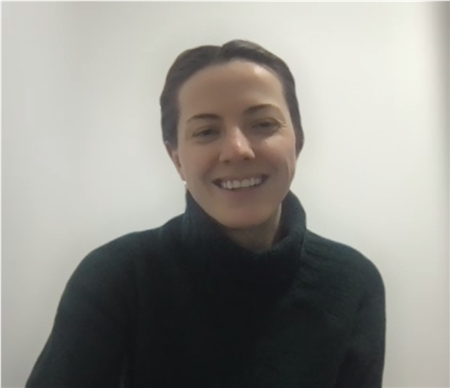
Before becoming a Rotary Global Scholar Flannery Johnson was a Rotary Youth Exchange Student and a graduate of Michigan State University in Environmental Sustainability. She also received a Masters Degree in Integrated Water Resources Management from the Institute of Technology in Cologne, Germany.
In her PowerPoint presentation Flannery discussed Integrated Water Resources Management and the Water-Energy Food Nexus. Agriculture accounts for 70% of total global freshwater withdrawals, while the energy sector accounts for about 10-15% of the global freshwater withdrawal. Agriculture and food chain account for 33% of global energy demand. Complicating factors include population growth, climate change, economic growth and politics.
Flannery has participated in a case study of the Blue Nile Basin that lies on the border of Ethiopia and Sudan. In terms of water security the area has adequate resources but insufficient management. With regard to energy security only 38.5% of the total population is connected to the national grid, and food security is limited by water allocation. The basic challenges to the basin are political instability, regional instability and climate change.
Flannery has also worked with local governments on a drought analysis of the Dinder Basin--another region lying on the border of Ethiopia and Sudan. The study assessed the basin in terms of water scarcity, drought and vulnerability, as well as the risks involved in remote sensing, ground data collection and national data. The study proposed solutions but also noted the need for additional studies. Small scale solutions and the integration of study outcomes into regional policy requires cooperation between riparian partners--difficult given the existing political framework.